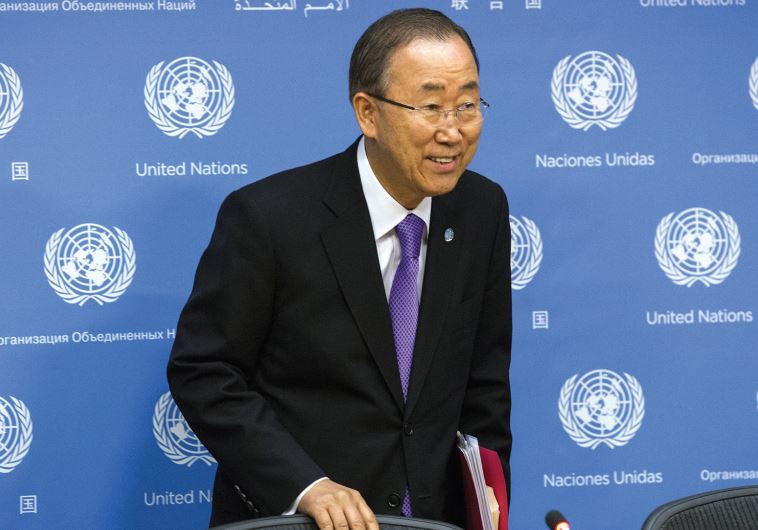Who is in line to replace Ban Ki-moon at helm of the United Nations?
Front runners emerge for UN chief from town halls with General Assembly.
 UNITED NATIONS Secretary General Ban Ki-moon arrives to address media at the UN headquartersByMICHELLE NICHOLS/REUTERS
UNITED NATIONS Secretary General Ban Ki-moon arrives to address media at the UN headquartersByMICHELLE NICHOLS/REUTERS